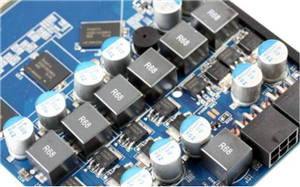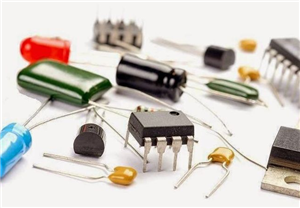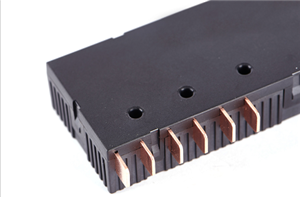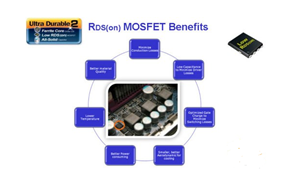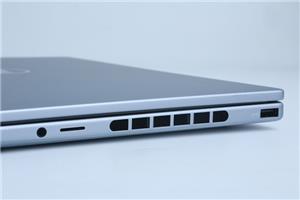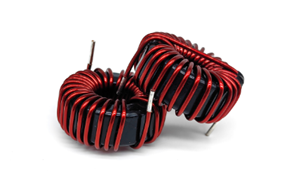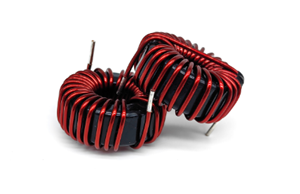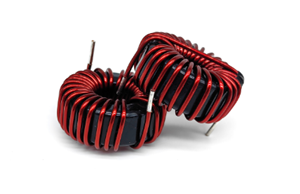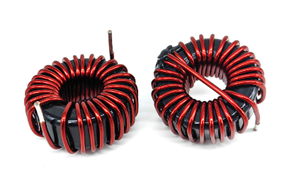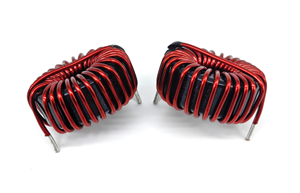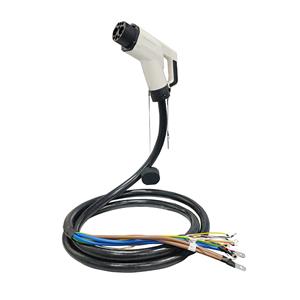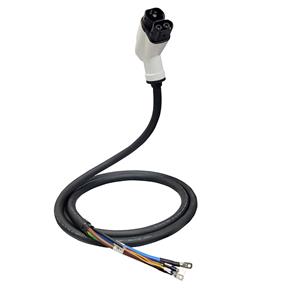Iron core inductors are critical components in electrical engineering and are often used in a wide range of applications. An important consideration in the design and application of iron core inductors is the impact of temperature on their performance. Understanding this influence is crucial for ensuring the reliability and stability of electronic systems, especially in environments where temperature variations are prevalent.
Iron core inductors play a crucial role in electronic circuits, storing energy in the form of a magnetic field. Understanding the behavior of these inductors at different frequencies is essential for designing efficient and reliable electrical systems. This article aims to examine the influence of frequency on the behavior of iron core inductors, highlighting the key factors that affect their performance across different frequency ranges.
A Comparative Analysis of the Efficiency of Iron Core Inductors and Other Types of Inductors
Inductors are essential components in electrical circuits, storing energy in the form of a magnetic field. Different types of inductors are used in various applications, each with its own set of characteristics and efficiency. This article presents a comparative analysis of the efficiency of iron core inductors in relation to other types of inductors, highlighting their advantages and limitations.
Iron core inductors have played a pivotal role in the field of electronics, powering various devices and being indispensable components in electronic circuits. This article delves into the history and evolution of iron core inductors, highlighting key milestones and advancements in their design and manufacturing processes.
An iron core inductor is a type of inductor that utilizes a ferromagnetic core made of iron or iron alloys to enhance its inductance and efficiency. It is widely used in various electronic and electrical applications due to its ability to store and release energy in the form of a magnetic field. In this technical description, we will explore the key features, working principles, applications, and advantages of iron core inductors.
Toroidal inductors play a crucial role in many electronic applications, and it is essential to ensure their performance meets the required specifications. This article aims to provide a comprehensive understanding of the testing and measurement techniques used to evaluate the performance of toroidal inductors.
Toroidal inductors, with their unique donut-shaped core, are widely used in various electronic applications. This article aims to provide an in-depth understanding of the manufacturing process and techniques involved in producing toroidal inductors.
Toroidal inductors are essential components in power supplies and circuits, playing a crucial role in ensuring efficient energy transmission and accurate voltage regulation. This technical article aims to provide a comprehensive understanding of the significance of toroidal inductors in power supplies and circuits.
Toroidal inductors, also known as ring inductors, are crucial components in electronic circuits due to their unique working principle and structure. This technical blog aims to provide an in-depth understanding of the working principle and structure of toroidal inductors and their significance in electronic devices.
Toroidal inductors, also known as ring inductors, are widely used in electronic devices for various applications. Their unique design and characteristics make them highly suitable for a range of electronic circuits and systems. This article explores the applications of toroidal inductors in electronic devices and provides specific examples to illustrate their significance.

